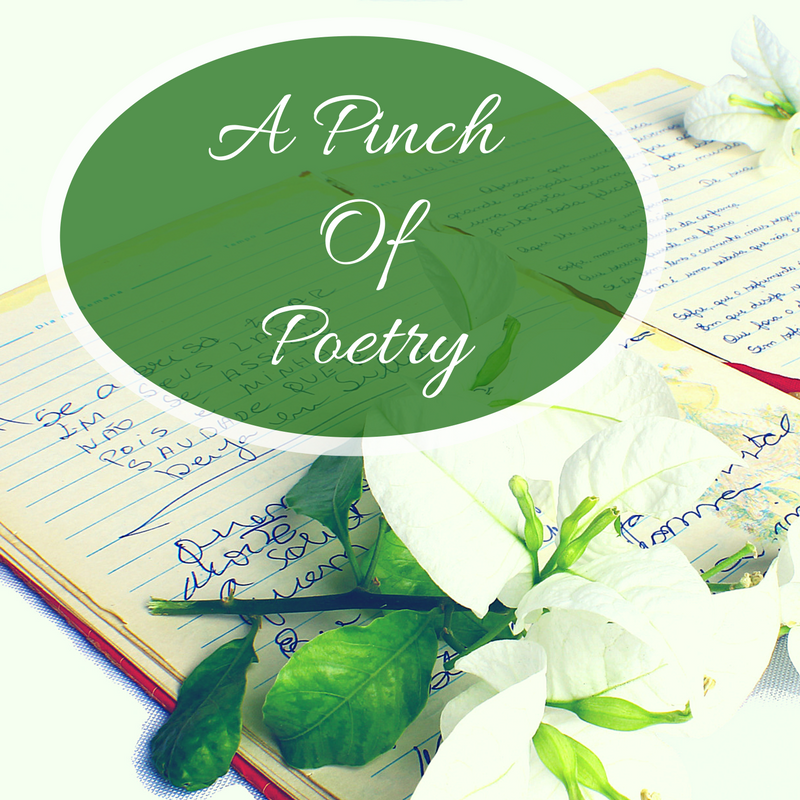
How Do I Love You? Let Poetry Lead the Way by Darlo Gemeinhardt
February is the month that has the honor of hosting Valentine’s Day, also called Feast of Saint Valentine, an…
February 12, 2018
February is the month that has the honor of hosting Valentine’s Day, also called Feast of Saint Valentine, an…
February 12, 2018
When you tell others that you are a writer, one image appears in their mind: you crowded over a…
February 11, 2018
A little kid screams, “I want my pop.” There begins a translation of what this kid wants. Someone would…
February 9, 2018
For many, the new year often comes with aspirations of drafting a brand-new novel. Each new idea creates the…
February 7, 2018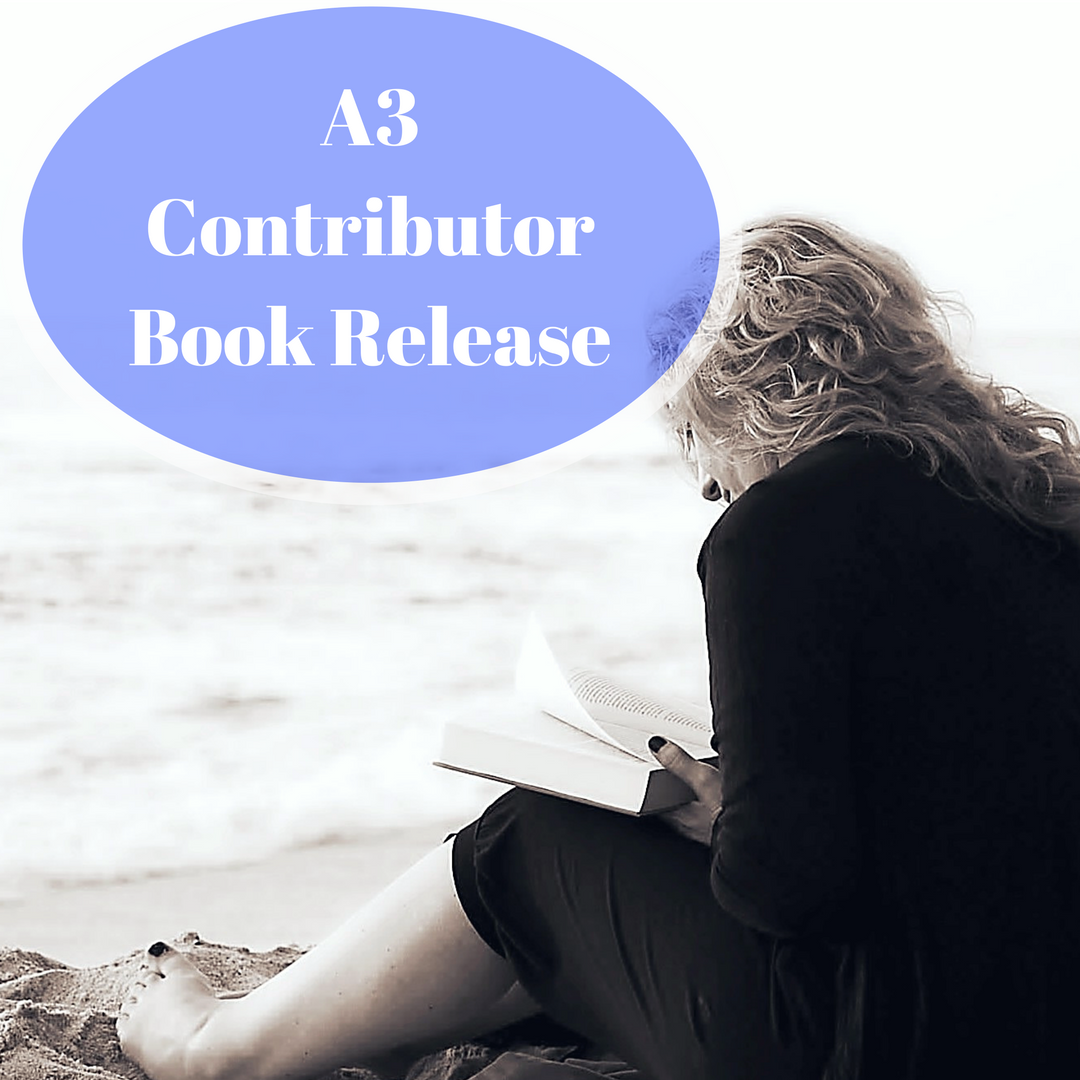
Story ideas can be like fireworks. They soar and explode in beautiful colors…then their dance fizzles to the ground…
February 4, 2018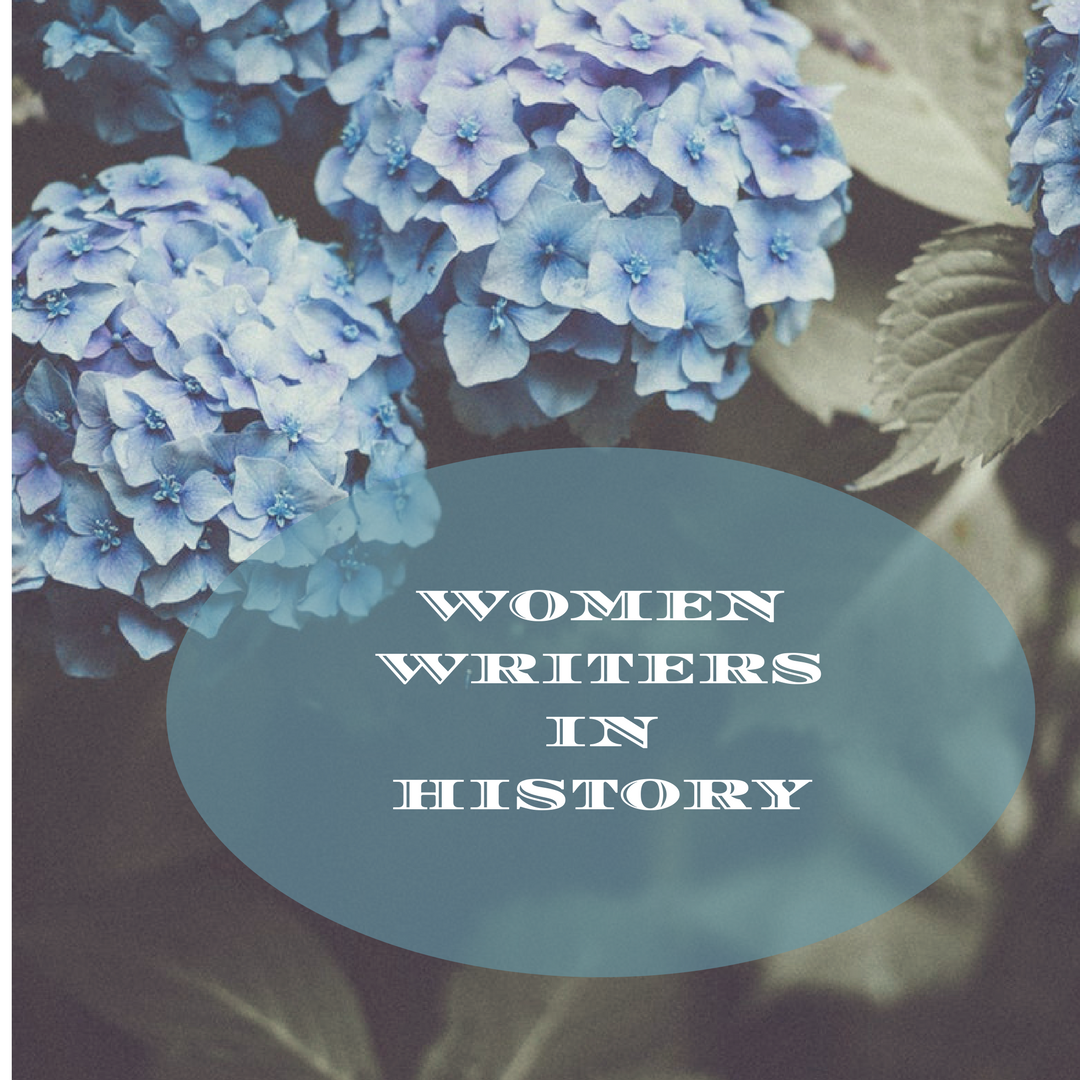
“… a hermitage, which is about an acre of ground—an island, planted with all variety of trees, shrubs and…
February 3, 2018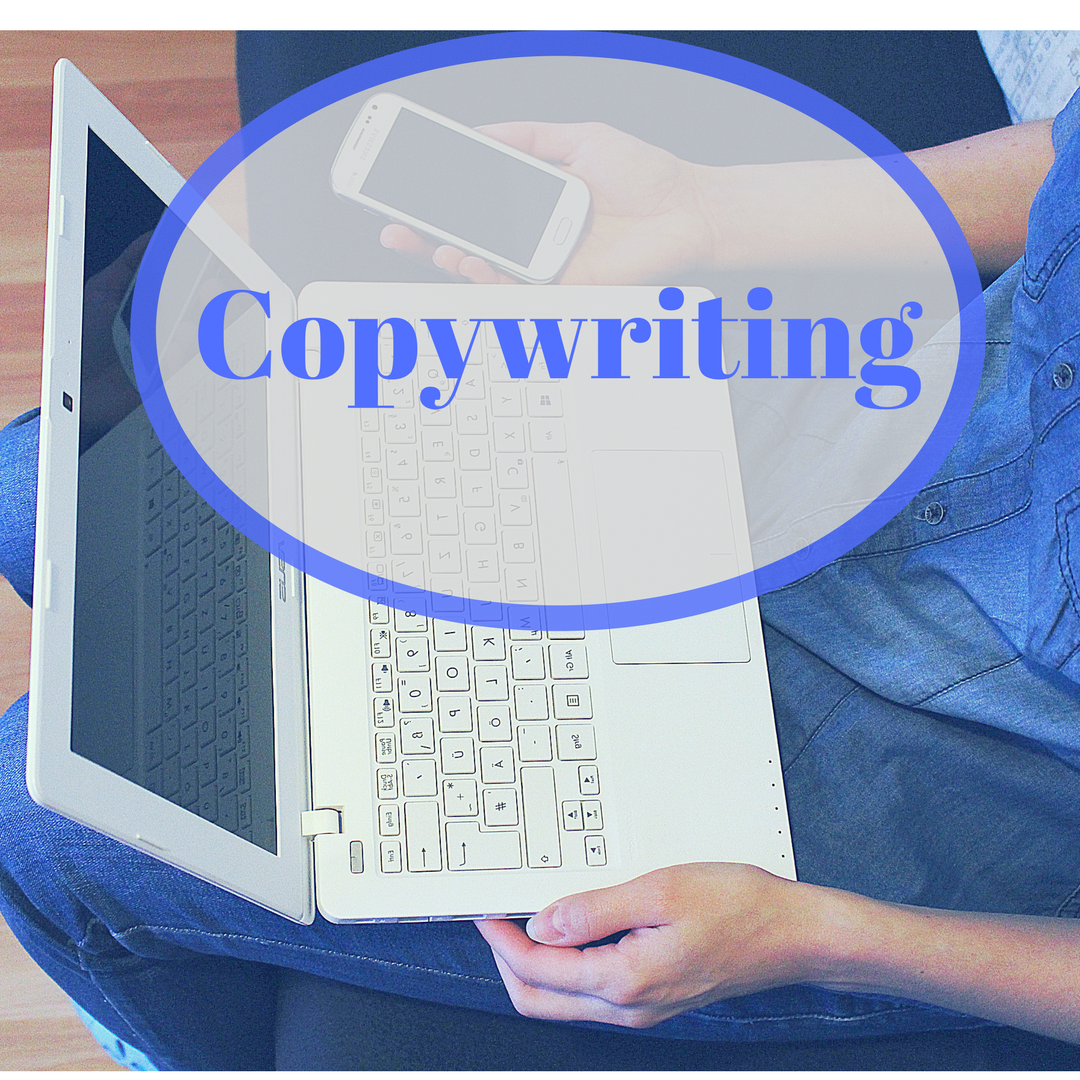
Content Marketing (noun) def: marketing that tries to attract customers by distributing informational content potentially useful to the target…
January 30, 2018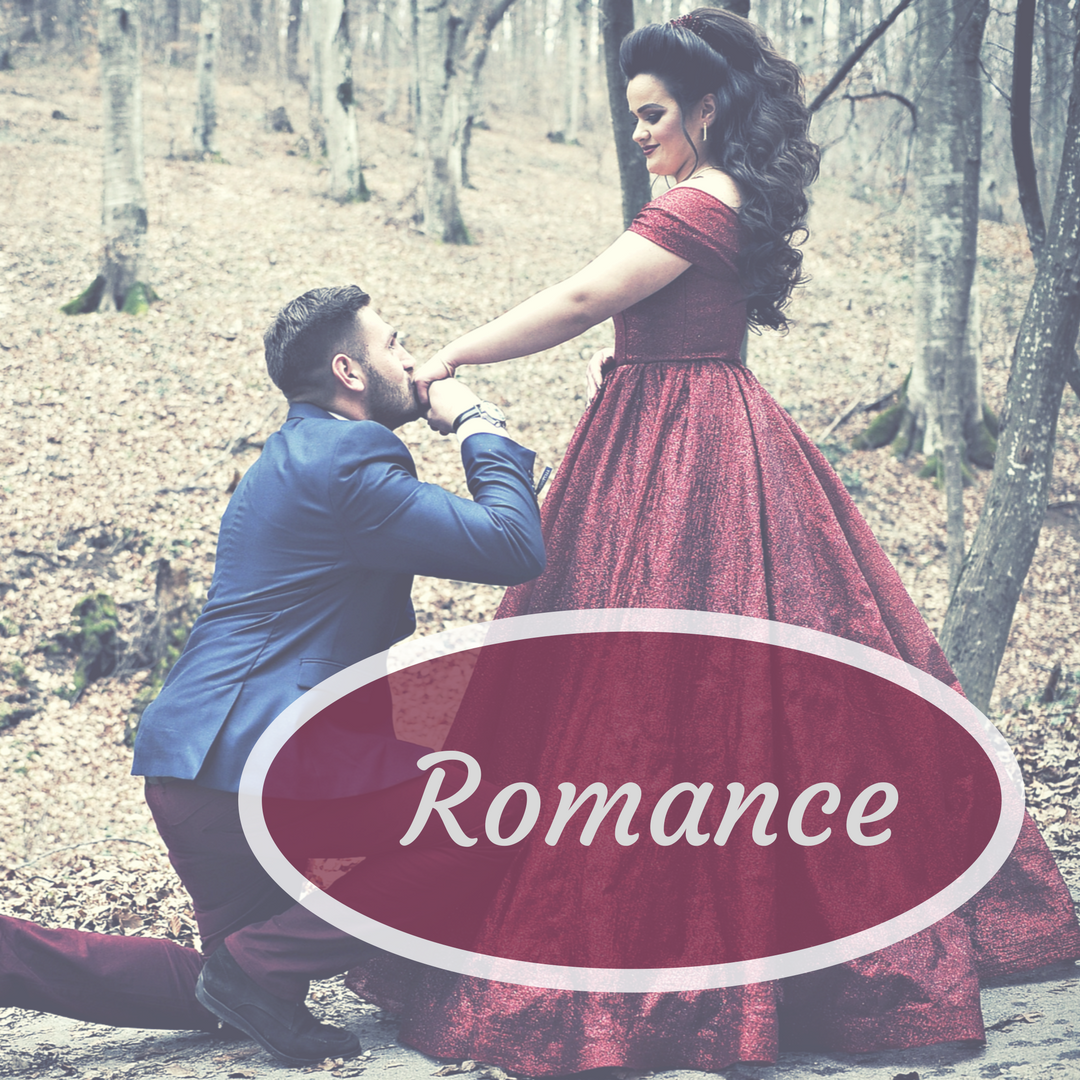
Here’s what we know so far about Susie, our romantic heroine. We’ve made her Jewish, with fears of rejection,…
January 26, 2018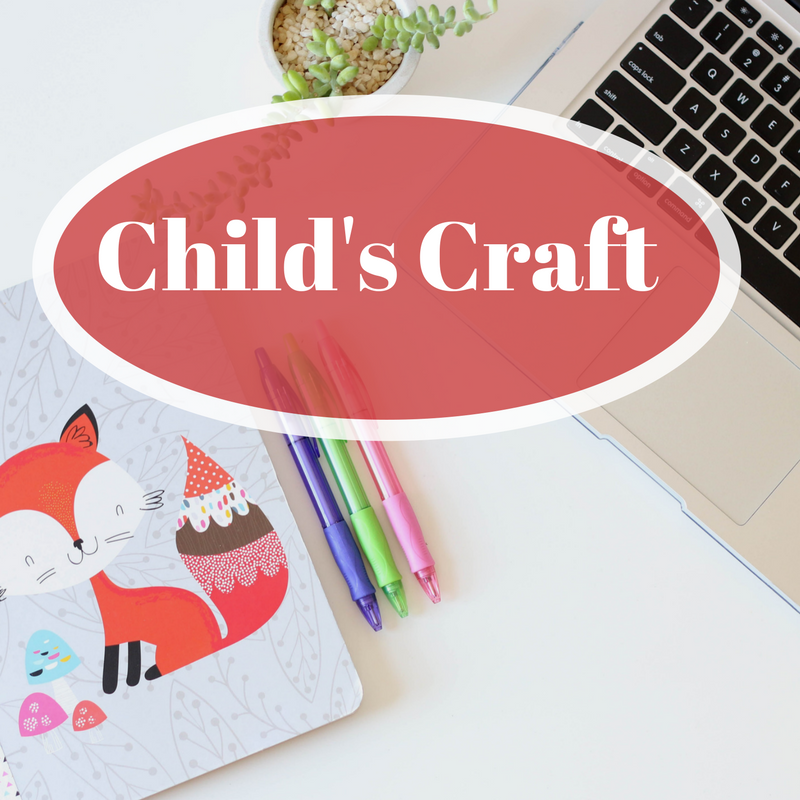
I write for young children – picture books and board books. One of my goals for 2018 is to…
January 25, 2018
Matt Brough is a lot of things. He’s a father, a husband, a pastor, and a sports fan. He’s…
January 15, 2018
What if you could write a magazine article which could be published year after year in different publications? These…
January 13, 2018
It’s a new year. For some writers it is an opportunity to pick up a previous work that had…
January 9, 2018
When Benjamin Stillingfleet rejected the norms of 18th century polite society, for the graver pursuits of learning and literature—and…
January 3, 2018
I didn’t speak until I was three years old. To everyone’s relief, I finally talked and did so in…
December 30, 2017
Meghan’s Choice, is Donna L.H. Smith’s debut novel. Donna serves A3 as a regular columnist since the beginning, first…
December 28, 2017
I am not a music critic – that would be a dream job for me, to listen to music…
December 27, 2017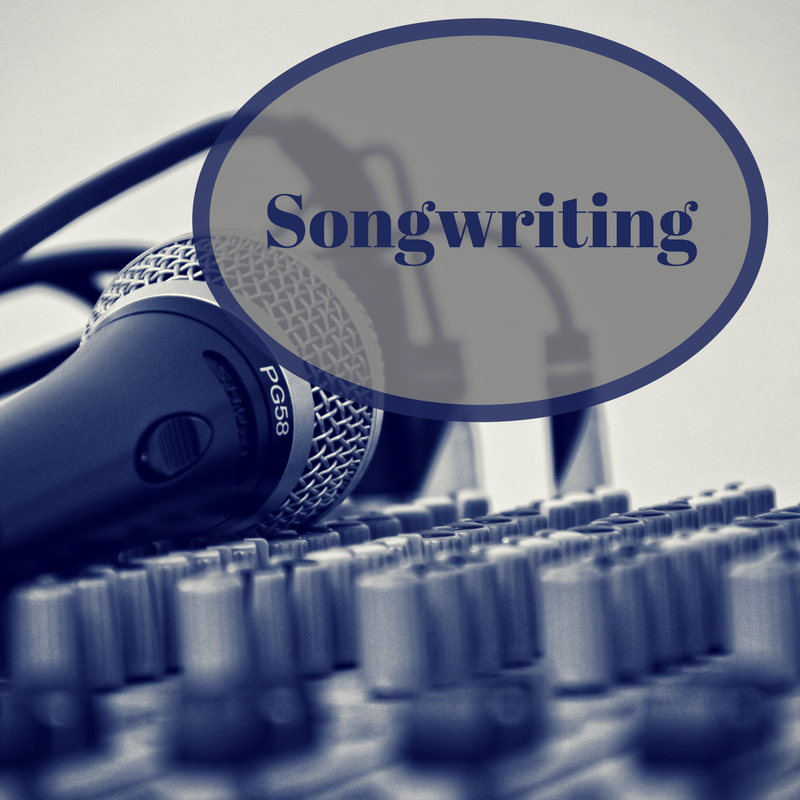
When we think of creative writing, we often think of novels, short stories, poetry, or even screenplays. But perhaps…
December 27, 2017…make the most of every opportunity. (Colossians 4:5b, NLT) Most of my best ideas come when I’m in the…
December 26, 2017
We’re still building a heroine named Susie. We don’t know too much about her yet.[bctt tweet=”Creating a Great Romance…
December 23, 2017
My husband and I don’t live check-to-check, but we also don’t have lots of extra money. However, one thing…
December 22, 2017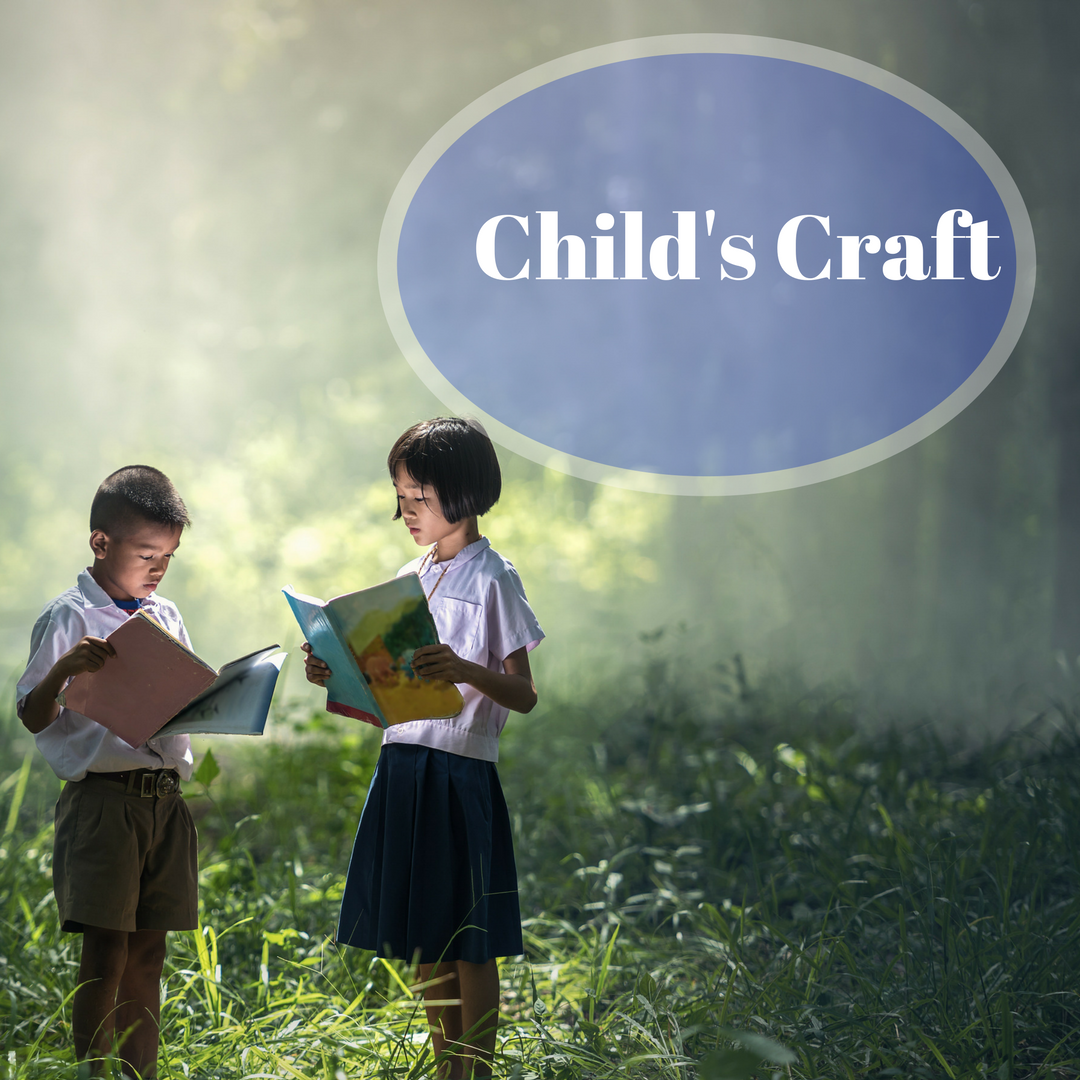
I’ve been baking for a couple of weeks now. The wonderful aromas of spices, sugar and chocolates fill my…
December 21, 2017
Life brings each of us strange personal experiences. This spring I traveled to visit my mother in Kentucky. When…
December 13, 2017
The first page of your book determines whether the reader will continue reading or if they will move on…
December 7, 2017
Then the Lord answered me and said: “Write the vision and make it plain on tablets, that he may run who reads it. Habakkuk…
December 2, 2017
Email campaigns work wonders. It’s true that emerging college graduates consider email an outdated form of communication, but the…
November 30, 2017